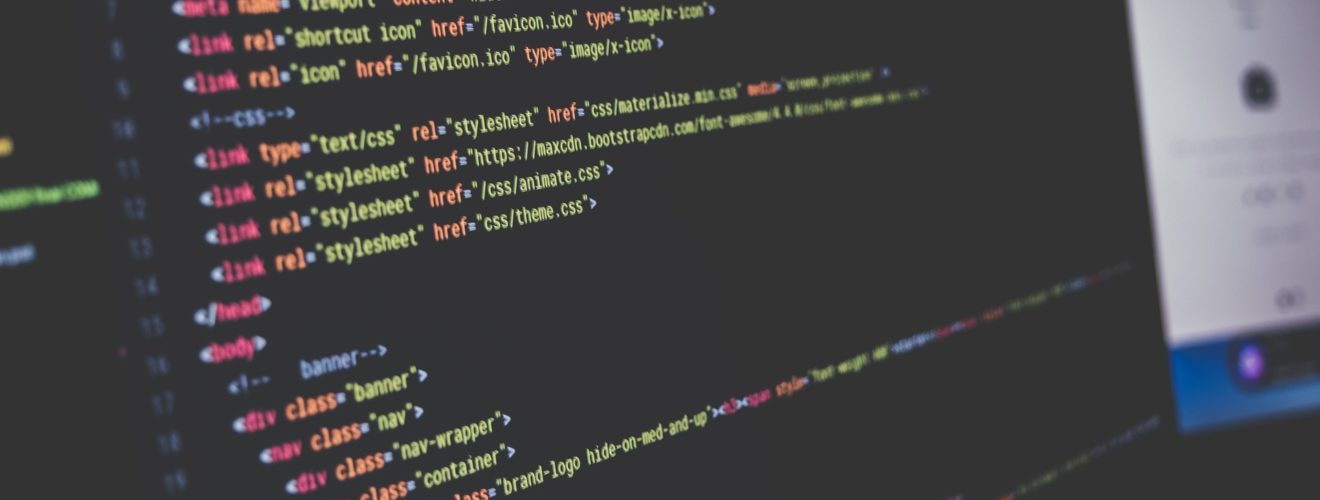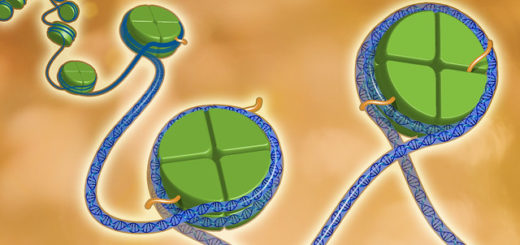Hello World – Book Review

Despite, on the surface, appearing to be a book about machines, Hello World 1 undoubtedly has a human heart. That’s not to say I didn’t learn a thing or two about algorithms along the way – I now know what a neural network is, and I understand how Bayes’ theorem applies to self-driving cars – but all of that hard science is wrapped up in unmistakably human stories.
And that’s important for a book about algorithms because unfortunately, it’s not a topic you’re likely to leap at the chance of learning more about if you aren’t already interested in mathematics or computing. Algorithms don’t seem accessible to the average reader (you’re probably in good company if you considered snoozing when I referenced Bayes’ earlier – trust me when I say this book makes it both entertaining and straightforward to understand). For each new section of the book, Fry often sets the scene with a human scenario, drawing you in with a story before weaving in the more complex stuff after.
An example that struck me is at the beginning of the section Justice. It outlines the stories of two different men who were charged following the Brixton riots of 2011 – one for picking up a bottle of water from an abandoned supermarket he passed by on his walk home, the other for donning a balaclava and setting out with the explicit intent of stealing video games, taking a significant haul back to his car. The inconsistency in the justice system led to 6 months in prison for the water thief, and no jail time at all for the video game thief, but instead a community sentence. Fry uses this to set up the problem – that judges’ sentences can be woefully inconsistent in their rulings – and links this to how algorithms could help reduce bias if applied appropriately, and the very real questions we need to ask ourselves about what such an algorithm should look like.
The book gives a balanced view. It doesn’t ultimately favour an increased use of algorithms nor does it suggest they are inherently a bad thing. It highlights the risks of relying too heavily on them and trusting them unquestioningly. It tackles issues around the data that we feed into algorithms which, however accurate, may only reflect our currently unjust system, and it explains how accounting for that bias may be crucial for progressing things. It also speaks to the dangers in a lack of transparency – we need to know how algorithms make their decisions and be aware of any agenda their curators may have.
Fry suggests that by designing algorithms to “support humans in their decisions, rather than instruct them” we may stand with much to gain. These ideas are important to hold on to if we want to use this valuable tool to enhance practices across many areas of life, ranging from the criminal justice system to medicine and art. Hello World provides a useful roadmap for how we could wield this power responsibly.
While I’ll hold my hands up and admit that I do have a vested interest in algorithms, you definitely do not need to to enjoy this book. You just need an interest in people, a little curiosity about how tech is shaping our society, and some idea about how we want that interaction to look.
This article was copy-edited by Caitlin Duncan.











This is a very exciting review! I always love to find a science book being written in such a way the readers can resonate and associate with it. Adding this to my TBR list, thank you for sharing!